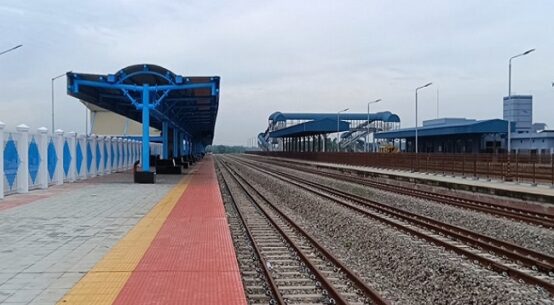In a fervent critique of the ruling Awami League (AL), BNP’s Senior Joint Secretary General, Ruhul Kabir Rizvi, charged the government with sacrificing the nation’s independence and dignity in exchange for support from the Indian government. Rizvi’s allegations were made during a press briefing at the BNP’s central office in Nayapaltan on Wednesday.
Rizvi claimed that AL does not seek the mandate of the Bangladeshi people, instead “clinging to power through the backing of the Modi government and entering into bonds of subjugation.”
He further accused the AL of perceiving Bangladesh as a “dummy state,” alleging that the real power behind the AL is not the people of Bangladesh but India. By supporting the Awami League, India is exercising control over Bangladesh, infringing upon the rights of its citizens,” Rizvi added.
Highlighting concerns over foreign influence, Rizvi said, “It is believed that India dictates the appointments of crucial positions like the chief of Bangladesh Police and BGB, undermining our sovereignty.”
Rizvi also pointed to statements made by Indian foreign ministry officials expressing support for the Awami League ahead of the January 7 national election. “The notion of our sovereignty is being compromised under the guise of stability under Sheikh Hasina’s leadership,” he stated.
The BNP leader criticized the Awami League’s acceptance of India’s alleged dominance, declaring that “people of Bangladesh will never accept the supremacy of India, even if the AL leaders have.” He clarified that the BNP’s dispute lies not with the people of India but with the Indian government’s policies towards Bangladesh.
Rizvi also said the “India out” campaign is gaining momentum in Bangladesh, saying that it is people’s protest against the country’s influence.
Addressing the Awami League’s reaction to the campaign, Rizvi mentioned that AL leader Obaidul Quader found the social media movement “not expedient,” implying discomfort within the ruling party regarding the public’s dissent towards India’s role in Bangladesh’s political landscape.

